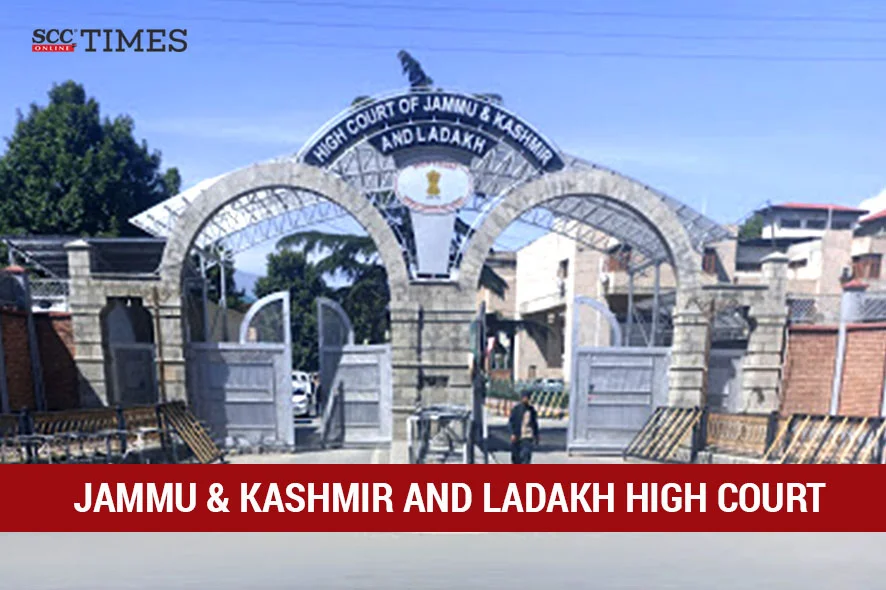Jammu and Kashmir and Ladakh High Court: In a petition seeking quashment of proceedings initiated under Section 12 of the Domestic Violence Act, 2005 (DV Act) and the Chief Judicial Magistrate’s order dated 16-11-2024 by an advocate who appeared with her face covered before the Court, a single-judge bench of Moksha Khajuria Kazmi, J., stated that Bar Council of India (BCI) Rules do not allow women lawyers to appear before the Court with face coverings.
When the Court requested the advocate to remove her face cover, she asserted that a woman advocate can appear with her face covered and claimed the same as her fundamental right.
Hence, the Court requested clarification on the legal position regarding advocates’ dress code and whether a woman advocate can appear with her face covered and can turn down the request of the court to remove her face cover on the pretext of being fundamental right of a person as an advocate to appear in the said state of attire.
The Court noted that the Registrar General’s report confirmed that Bar Council of India Rules (Chapter IV, Part VI) do not permit such attire. It was stated that “it is nowhere stated in the rules that any such attire is permissible for appearing before this Court.” Since the advocate did not appear subsequently, the Court deemed the issue unnecessary to be addressed further.
In the instant matter, the respondent had filed an application under Section 12 of the DV Act seeking relief, including monthly maintenance of ₹50,000/-. The trial court granted interim relief of ₹25,000 per month and issued various protective orders, including bond execution and land alienation restrictions. The petitioners approached the High Court directly under Section 528 of the Bharatiya Nagarik Suraksha Sanhita, 2023 (BNSS) and Article 227 of the Constitution of India, bypassing the appellate mechanism under Section 29 of the DV Act.
The petitioners claimed the allegations were baseless, asserting no incidents of domestic violence. It was argued that the respondent never resided in the petitioners’ household. The petitioners also highlighted prior legal notices issued by petitioner 1, initiating Talaaq proceedings under Muslim personal law.
The Court noted that Section 29 of the DV Act provides an appeal mechanism against Magistrate orders. The Court stated that without exhausting this statutory remedy, the petition under Article 227 of the Constitution of India is considered premature.
The Court emphasised that the High Court’s supervisory jurisdiction under Article 227 is limited and not an alternative to statutory appeals, as per principles laid down in Shalini Shyam Shetty v. Rajendra Shankar Patil, (2010) 8 SCC 329.
The Court held that the petition is not maintainable. The Court dismissed the petition and directed the petitioners to pursue appropriate remedies under Section 29 of DV Act.
[Mohd. Yasin Khan v. Nazia Iqbal, 2024 SCC OnLine J&K 973, Decided on 13-12-2024]
Advocates who appeared in this case :
Mr. Salih Pirzada, Counsel for the Appellants/Petitioners
Mr. Jahangir Iqbal Ganai, Sr. Advocate with Mr. Adil, Counsel for the Respondent







